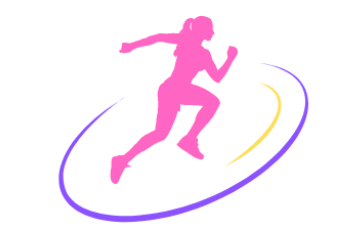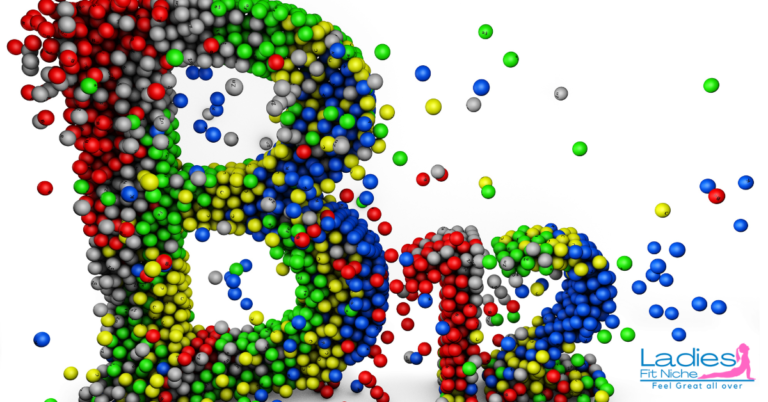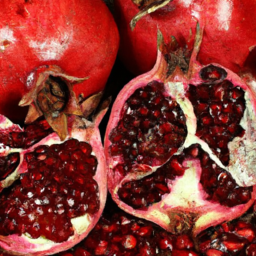Embracing Women’s Body Changes After 40: Breaking The Taboo
Are you a woman over 40 who’s noticed changes in your body that you’re not sure how to handle? You’re not alone. Many women experience changes in their bodies as they age, but these changes are often considered taboo or not openly discussed.
That’s why we’ve created this comprehensive guide to women’s body changes after 40, breaking the taboo and providing valuable information that every woman should know. From physical changes to emotional and mental health concerns, we’ll cover it all and help you embrace this new stage of life with confidence.
So if you’re ready to learn more about women’s body changes after 40 and break the silence, read on.
Hormonal Changes
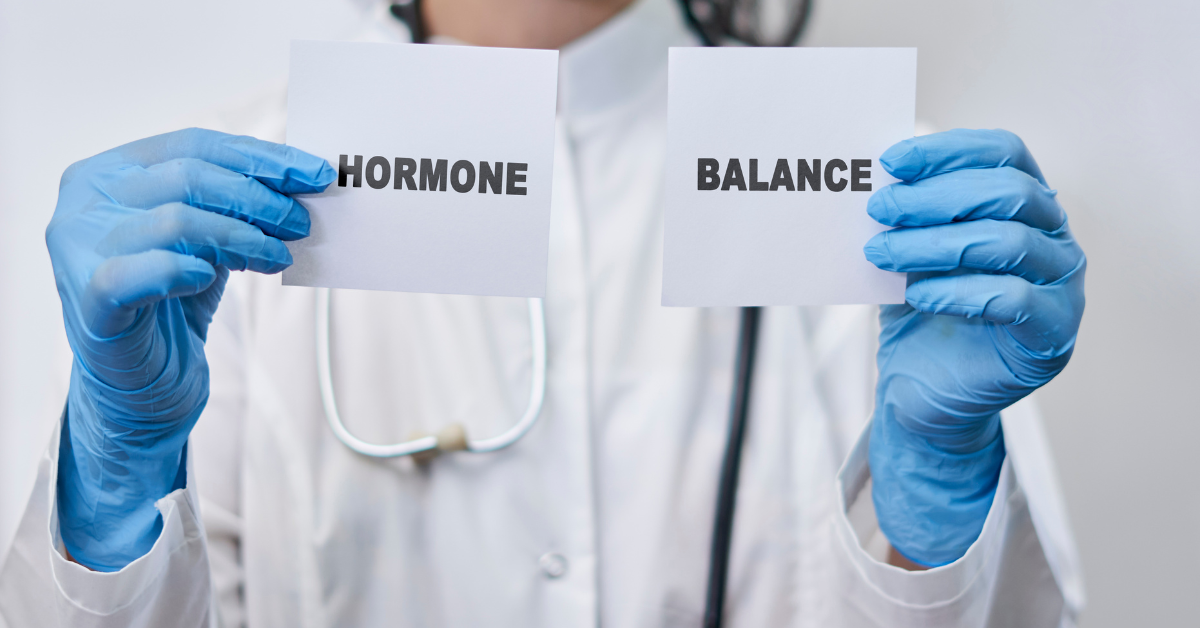
Estrogen levels decrease as we get older, which leads to an increase in other hormones such as cortisol and testosterone. These hormonal shifts are responsible for hot flashes, night sweats, mood swings, fatigue, anxiety, irritability, and depression – all common symptoms experienced during this time of life.
Slow Metabolism and Weight Gain

When women reach their forties, estrogen levels begin to decline more rapidly than ever before. This decrease in hormones causes the metabolism to slow down significantly, leading to sudden changes in weight – as much as 10-20 pounds within just one year!
A slower metabolism means that burning calories becomes a bit more difficult; however, women can still maintain their ideal weight by eating healthy foods and exercising regularly. Eating smaller portions throughout the day will help keep your metabolism running efficiently while avoiding feelings of hunger or deprivation.
Women over 40 should also focus on getting adequate amounts of protein into their daily diets, as this helps support muscle growth and repair even as aging begins to take its toll on the body’s tissues and organs.
Finally, regular physical activity—even just walking for 30 minutes each day—has been shown to be beneficial for maintaining a healthy weight during midlife and beyond.
Estrogen Changes and Hair Loss

As women age, they experience a decline in the hormone estrogen. This decrease leads to several changes in the body, one of which is hair loss. Women may notice thinning on their heads as well as other areas of their body like their legs or underarms. While this can be distressing, it’s normal and part of the aging process.
To counteract some of these effects, many women turn to hair growth products that contain natural ingredients such as biotin and saw palmetto. These products work by stimulating new follicles and strengthening existing ones so that more hair can grow back in places where it has been lost due to hormonal imbalances.
Additionally, eating foods rich in Omega 3 fatty acids can help nourish your scalp for healthier hair growth. However, if it becomes excessive or causes distress then there are treatments available that can help slow down the process
Heart Disease
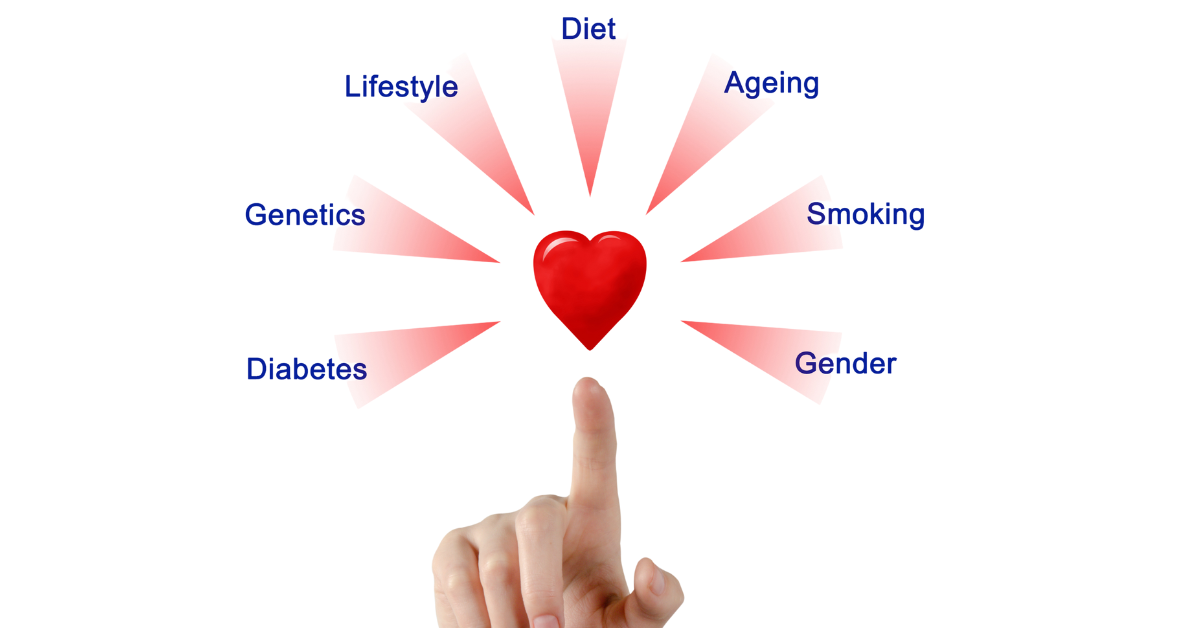
As women enter their 40s, the changes to their body are not limited to hair loss and estrogen levels. Another area of concern is cardiovascular health risks, which can increase as we age.
The three main causes of increased cardiovascular health risks include high blood pressure, high cholesterol levels, and diabetes. The good news is that most cases can be managed by leading a healthy lifestyle. Eating plenty of fresh fruit and vegetables, exercising regularly, and avoiding processed foods all help maintain normal blood pressure levels.
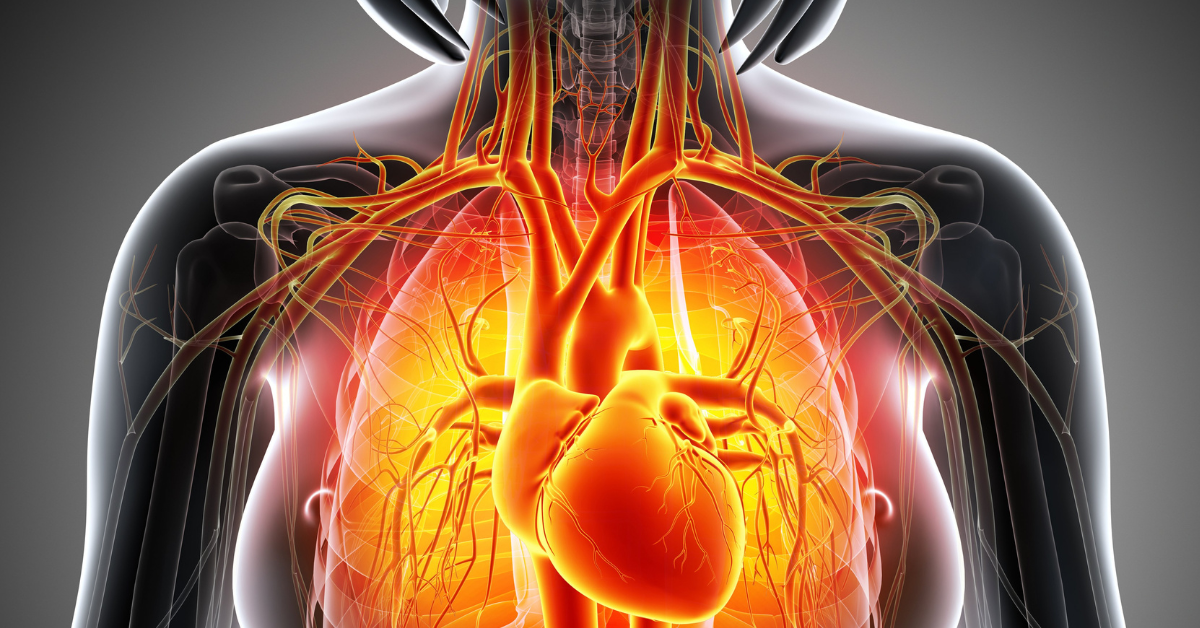
Here’s a list of four things you should consider to maintain your cardiovascular health:
- Get active – exercise at least 30 minutes a day.
- Monitor your vital signs- visit your doctor regularly and discuss any potential issues or concerns.
- Eat healthy- focus on fruits, vegetables, whole grains, lean proteins, and limit saturated fats and sugar intake.
- Reduce stress- identify triggers that cause stress in your life and create strategies to manage them effectively.
At this stage in life, it becomes even more important to take care of yourself: regular checkups with your doctor will ensure any issues are caught early and treated appropriately before they cause long-term damage or impact your quality of life. Moving onto musculoskeletal issues, let’s look at how bone density can decrease over time…
Musculoskeletal Changes: Muscles and Bones
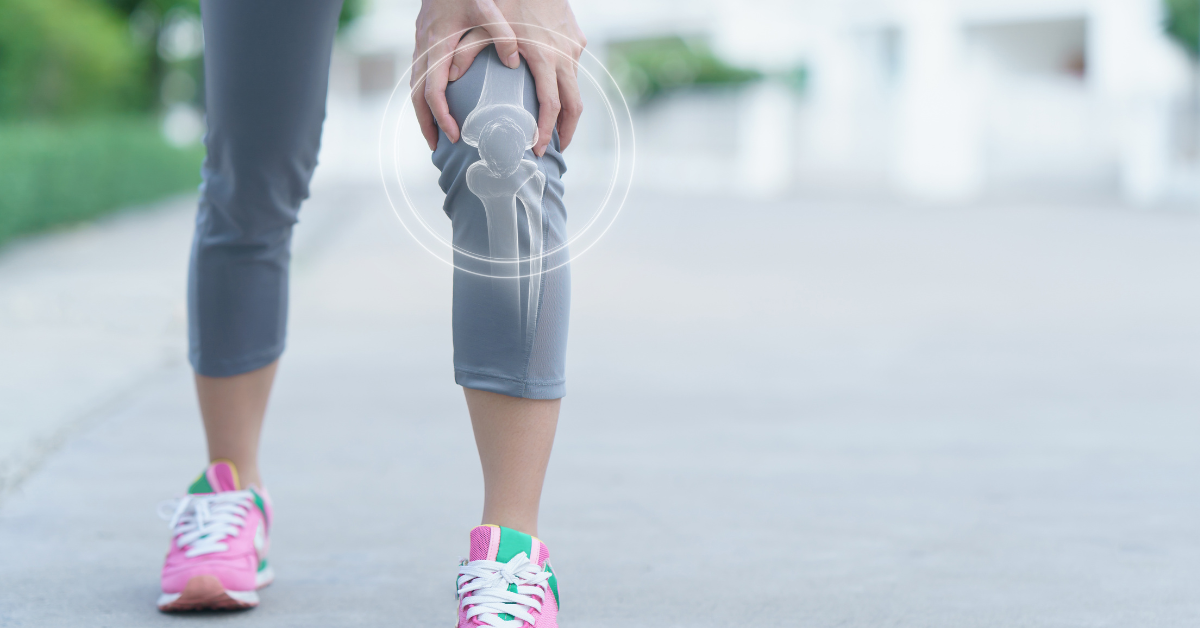
After age 40, women’s bodies experience a decrease in muscle mass and an increase in fat deposits. This muscle loss puts us at increased risk for osteoporosis and fractures. Weaker muscles means that basic daily activities become harder, such as getting out of bed or chairs, lifting groceries, walking up stairs, etc.
At age 40, women’s bodies can start to experience musculoskeletal issues. The following are some of the most common ones:
- Joint stiffness and pain due to a decrease in the production of synovial fluid which lubricates the joints
- Loss of muscle mass and strength as we age, leading to decreased balance, coordination, and flexibility
- Osteoporosis is caused by a decline in estrogen levels that leads to an increased risk for fractures from falls
- Arthritis is inflammation of one or more joints resulting in joint pain and swelling.
These symptoms may be difficult to manage but there are ways to help minimize them. Exercise on a regular basis helps maintain muscle tone, prevent osteoporosis, reduce arthritis symptoms, and improve mobility.
Eating healthy foods such as fruits, vegetables, whole grains, and lean proteins also helps keep bones strong and muscles functioning properly. Additionally, getting enough rest each night allows your body time to repair itself so you stay active during the day.
By taking preventative measures like staying physically active, monitoring your diet, and visiting your doctor regularly for checkups, you can help keep yourself fit even into later years!
Irregular Menstrual Periods
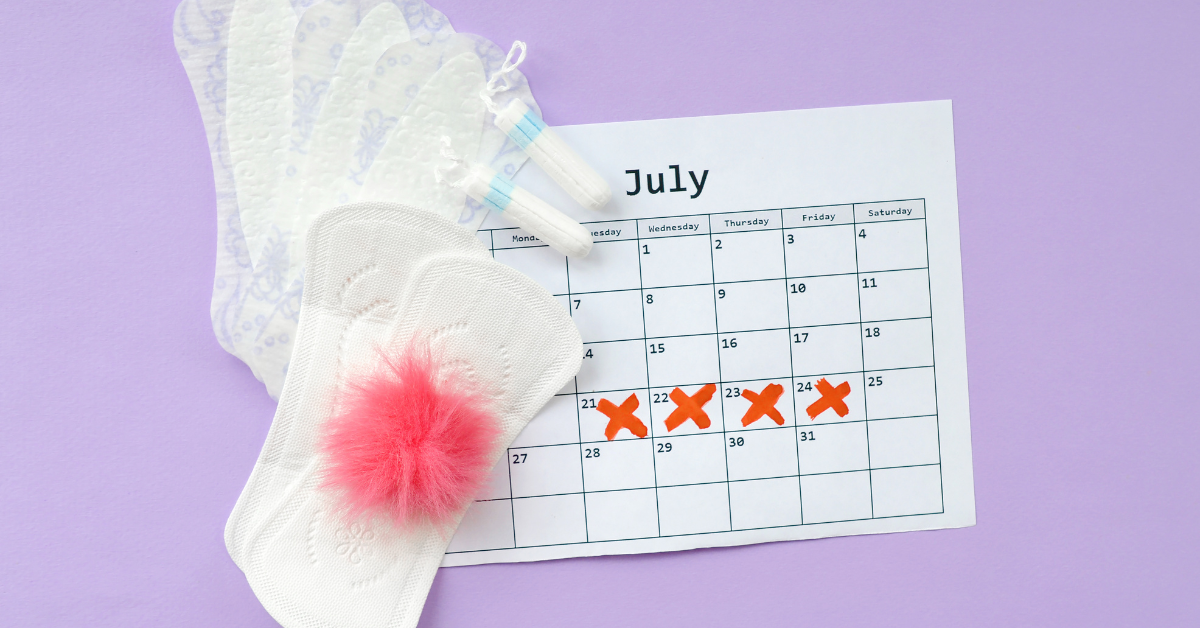
One common change women over 40 may experience is irregular menstrual periods. This can mean anything from long cycles to skipped months or even spotting in between cycles. It’s important to talk to your doctor if you notice any irregularities with your period as it could be an indication of a larger health issue.
The most common cause of irregular menstrual periods is hormone imbalance caused by menopause. During this time, the ovaries stop releasing eggs, and estrogen and progesterone levels begin to decrease which causes an irregular cycle. In addition, some medical conditions like thyroid issues or polycystic ovarian syndrome (PCOS) can also contribute to hormonal imbalances leading to irregular periods.
It’s important for women over 40 who are experiencing irregular menstrual periods to speak with their doctor about potential treatments that might help regulate their hormones and get them back on track.
Urinary Tract Infections
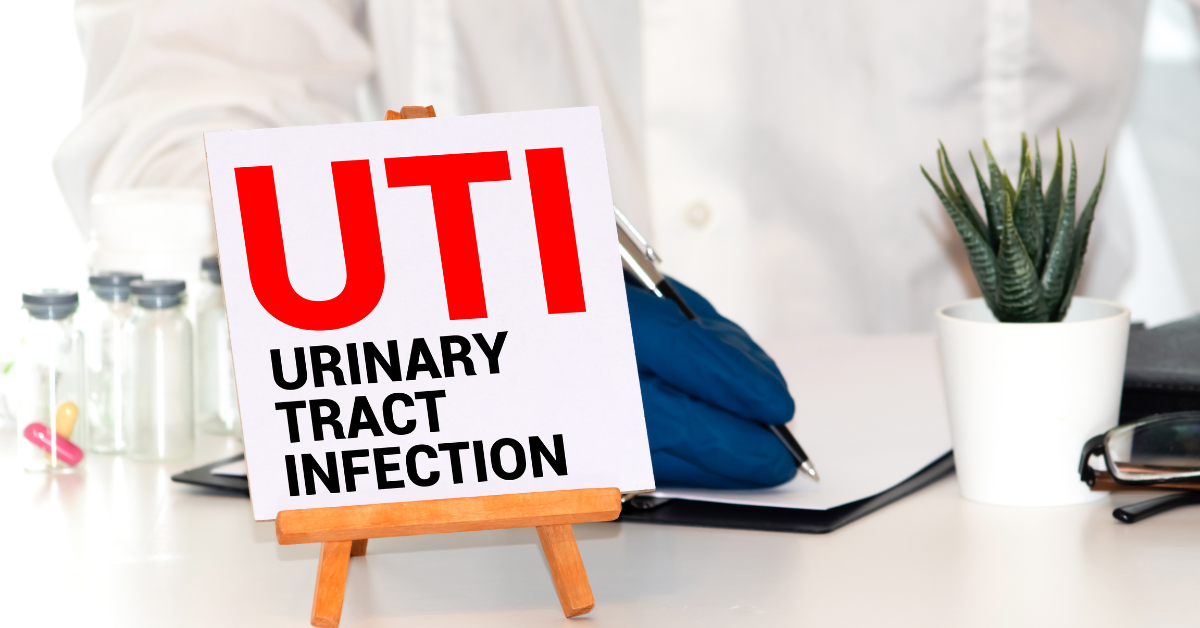
Urinary tract infections (UTIs) are one of the most common issues faced by women over 40 due to hormonal changes and an increased risk of developing certain conditions.
Here are some key points to consider when dealing with UTIs:
- Drink plenty of water – Staying hydrated flushes bacteria out of your system and helps prevent infection.
- Wear loose-fitting clothing – Tight underwear or pants can put pressure on your bladder and increase the likelihood of a UTI.
- Clean the area well after urinating – Wiping from front to back prevents bacteria from entering the urethra and causing an infection.
Other conditions such as diabetes, menopause, chronic constipation, and even using too many feminine hygiene products can also increase your risk for a UTI. It’s important to talk to your doctor about any changes you have noticed in your body or if you experience pain while urinating or pelvic discomfort.
Taking quick action is crucial for avoiding further complications down the road – knowing the signs of a UTI early on will ensure that any necessary treatments begin right away. This sets us up nicely for discussing urinary incontinence which is another issue commonly seen in postmenopausal women…
Urinary Incontinence
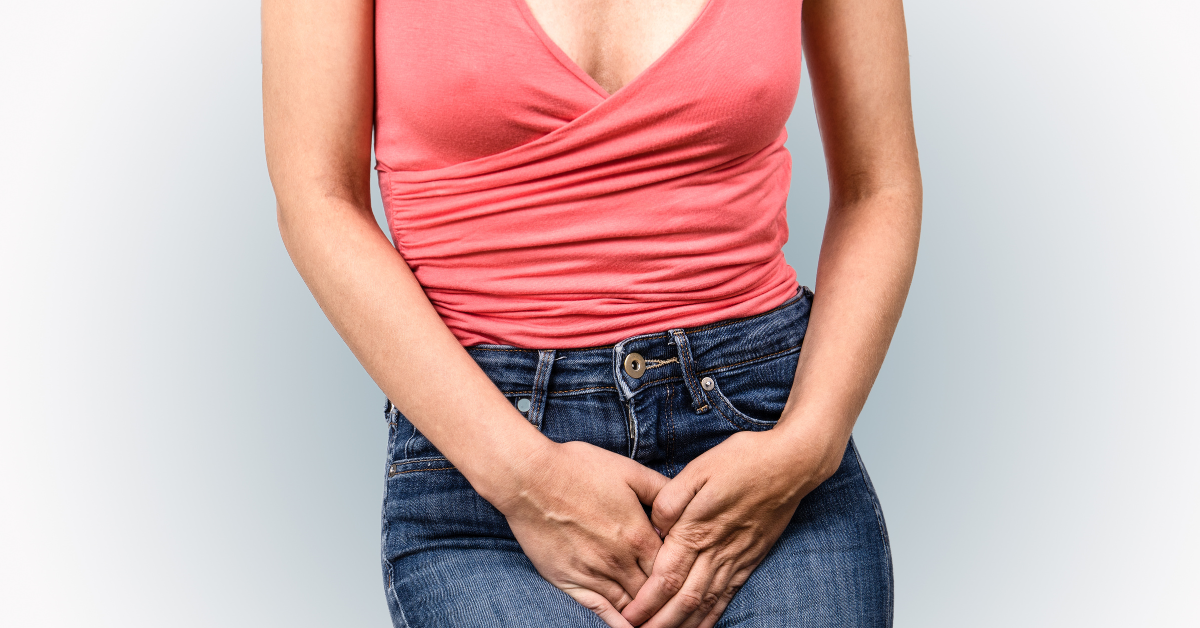
As we age, our bodies go through many changes. One common change for women over 40 is urinary incontinence. This condition can be embarrassing and uncomfortable, but luckily there are some steps you can take to manage it.
First of all, make sure that you stay hydrated. Drinking plenty of fluids helps keep the bladder healthy and can help reduce episodes of urinary incontinence. It’s also important to avoid any beverages with caffeine or alcohol as these may irritate the bladder further.
Secondly, focus on strengthening your pelvic floor muscles. Doing regular Kegel exercises can help improve bladder control by strengthening this muscle group. Additionally, avoiding lifting heavy objects or activities like running and jumping may also help reduce symptoms of urinary incontinence.
Finally, talk to a healthcare professional if you’re having trouble managing your urinary incontinence symptoms at home. They will be able to provide advice and recommendations based on your individual
Cognitive Decline and Brain Fog

As women age, they may experience cognitive decline and brain fog. This could include problems with memory, concentration, and organization skills. It’s important to understand that some of these changes are natural occurrences as the brain ages, while others can be a sign of a larger problem such as dementia or Alzheimer’s Disease.
The following five factors can contribute to cognitive decline and brain fog:
- Stress levels: High-stress levels have been linked to decreased mental function in older adults.
- Nutrition: Poor nutrition has been associated with an increased risk of developing dementia later in life.
- Physical Activity: Regular physical activity helps maintain healthy blood flow throughout the body – including the brain – which is essential for optimal functioning.
- Social Connections: Isolation from friends and family members can lead to feelings of loneliness and depression, both of which can affect cognitive abilities over time.
- Sleep Quality: Poor sleep quality has been linked to an increase in symptoms of mild cognitive impairment (MCI).
It’s important for women to take steps towards maintaining their cognitive health by managing stress levels, eating nutritionally balanced meals regularly, engaging in regular physical activity, staying socially connected with loved ones, and getting enough sleep nightly. Looking after our brains now will help us stay sharp into our golden years!
Sleep Disruption

The cognitive decline that women experience as they age can lead to sleep disturbances. But even if a woman is not experiencing cognitive decline, there are other factors that can cause her to wake up feeling tired or unrefreshed in the morning. As women enter their 40s, hormonal changes such as menopause can interfere with the body’s natural ability to regulate its temperature at night and fall asleep easily. Additionally, stress levels tend to rise for many women during this time of life due to juggling family responsibilities, career pressures and more. All these things combined can make getting quality sleep very difficult after age forty.
It’s important for any woman over forty who experiences difficulty sleeping on a regular basis to talk with her doctor about it. S/he may perform tests and suggest lifestyle changes (such as exercise or relaxation techniques) or prescribe medications that will help improve the quality of one’s sleep and restore energy levels throughout the day. It’s also important to keep an eye out for signs of depression which could be affecting one’s ability to rest comfortably at night.
Vaginal Dryness, Infections, and Reduced Sexual Pleasure
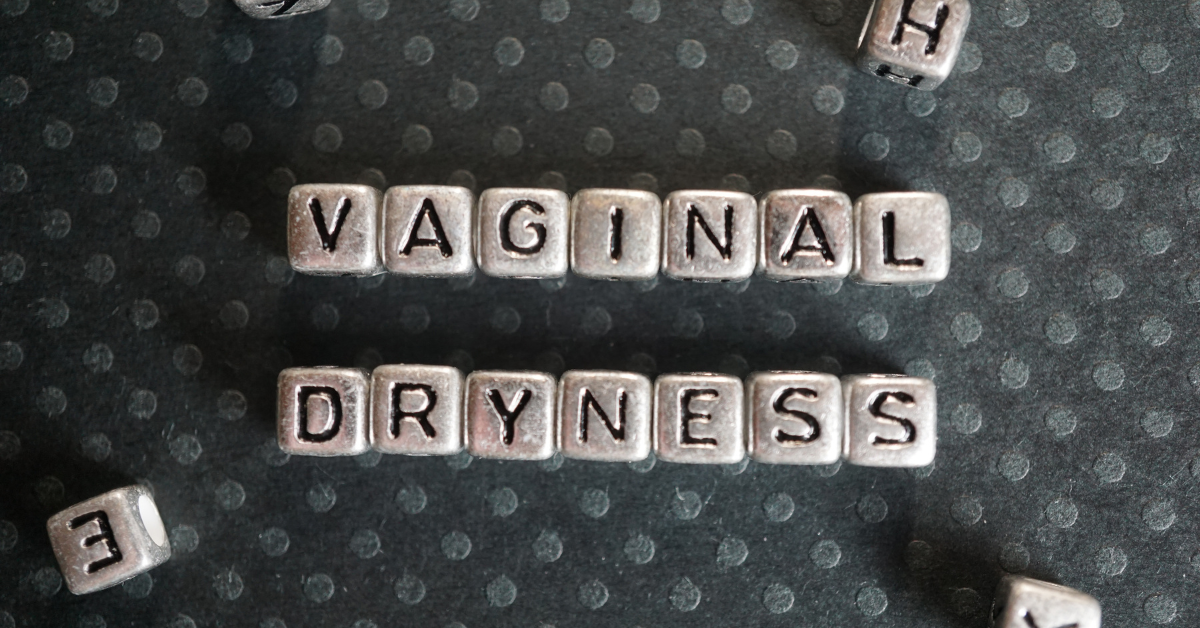
As women reach their 40s, they may experience a decline in estrogen which can lead to vaginal dryness. This can cause discomfort during sexual intercourse and difficulty achieving orgasm along with increasing the risk of infection.
The following are some of the dreaded symptoms that come along with this:
- Painful sex due to a lack of natural lubrication
- Infections caused by bacteria or yeast overgrowth
- Reduced sexual pleasure because of decreased sensitivity
Physical Activities and Well Balanced Diet For Women Over 40

Regular physical activity is essential for promoting good cardiovascular health. Aim for at least 30 minutes of moderate exercise three or four times a week – anything from low-impact aerobics to power walking will do the trick. Additionally, strength training should be included two or three days each week to improve muscle tone and bone density. Joining an exercise class or working out with friends can make staying active more enjoyable.
Second, eating nutritious meals every day helps support optimal health during this life stage. Focus on whole grains, fruits and vegetables, lean proteins, dairy products, nuts ,and seeds for energy, and vitality. Minimize processed foods high in salt and sugar; instead opt for fresh ingredients whenever possible.
Lastly, hydration is key all throughout adulthood but especially after 40 when hormones start fluctuating significantly – aim for eight glasses of water per day!
Hormone Therapy and Supplements to Support Women’s Health

As women enter their 40’s, they may begin to notice changes in their body. These changes can include a decrease in energy levels, hot flashes, night sweats, and sleep disturbances. To address these issues, many women turn to hormone replacement therapy (HRT) and supplements.
The goal of HRT is to replace hormones that are naturally declining due to aging with synthetic or bioidentical hormones. This helps reduce the symptoms associated with menopause and perimenopause such as vaginal dryness and low libido while helping protect against osteoporosis and heart disease.
Some potential risks associated with HRT include an increased risk of breast cancer and blood clots. It’s important for each woman to discuss the benefits and risks of HRT with her doctor before beginning any treatment plan.
In addition to HRT, there are also natural ways to support hormonal balance during this time including:
- Eating a nutrient-rich diet full of fruits, vegetables, whole grains, and healthy fats
- Limiting processed foods high in sugar and refined carbohydrates
- Supplementing with magnesium which has been linked to improved mood
- Doing regular exercises like walking or yoga promotes relaxation and stress relief
These lifestyle modifications can help alleviate some of the physical effects of aging by supporting our body’s natural hormone production process. With proper guidance from your healthcare provider combined with dietary adjustments and supplementation, you can find balance during this transitional period in life.
Conclusion

As women age, their bodies go through various changes. As they move into their 40s and beyond, they may experience hormonal fluctuations that affect weight, estrogen levels and hair loss, cardiovascular health risks, musculoskeletal system effects, sleep disturbances, vaginal dryness or infections as well as reduced sexual pleasure. However, these are all natural processes of aging and it is still possible for women to live an active and healthy lifestyle at this age.
Women can take preventative measures by eating a balanced diet full of fruits and vegetables while also making sure to get enough restful sleep each night. Exercising regularly is important in order to stay fit both mentally and physically. Additionally, hormone replacement therapy (HRT) may be beneficial for some women over 40 who wish to counter the negative impacts aging has on their hormones.
Finally, don’t forget about your sexual pleasure! The risk of infection increases after 40 but there are many ways you can reduce this risk while still enjoying sex including using condoms and lubricants. Taking care of yourself at every stage of life is crucial for remaining healthy and happy.
